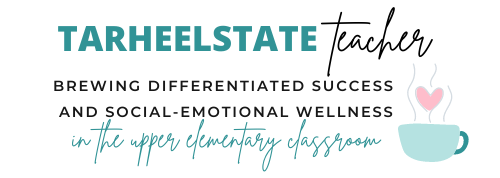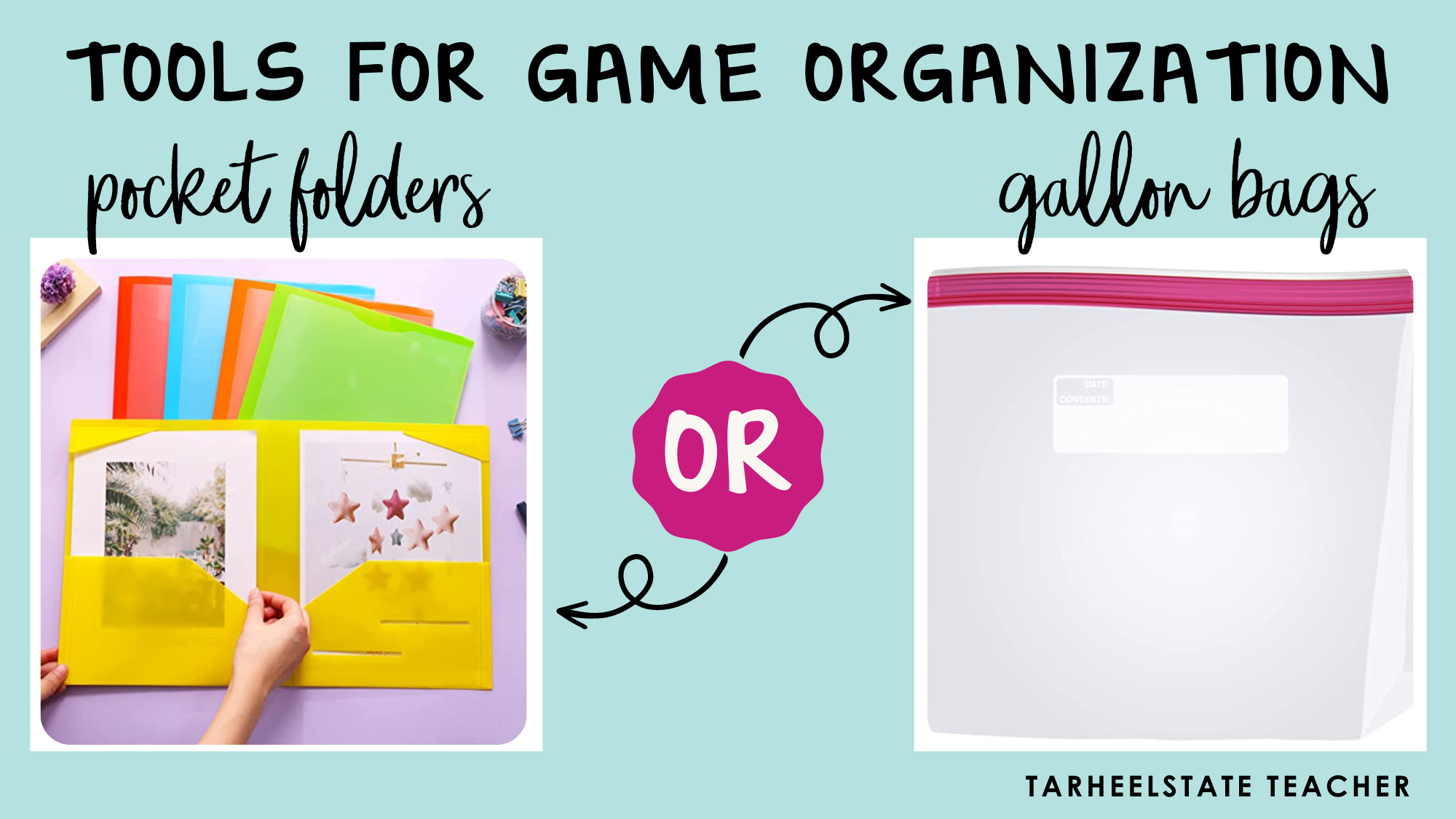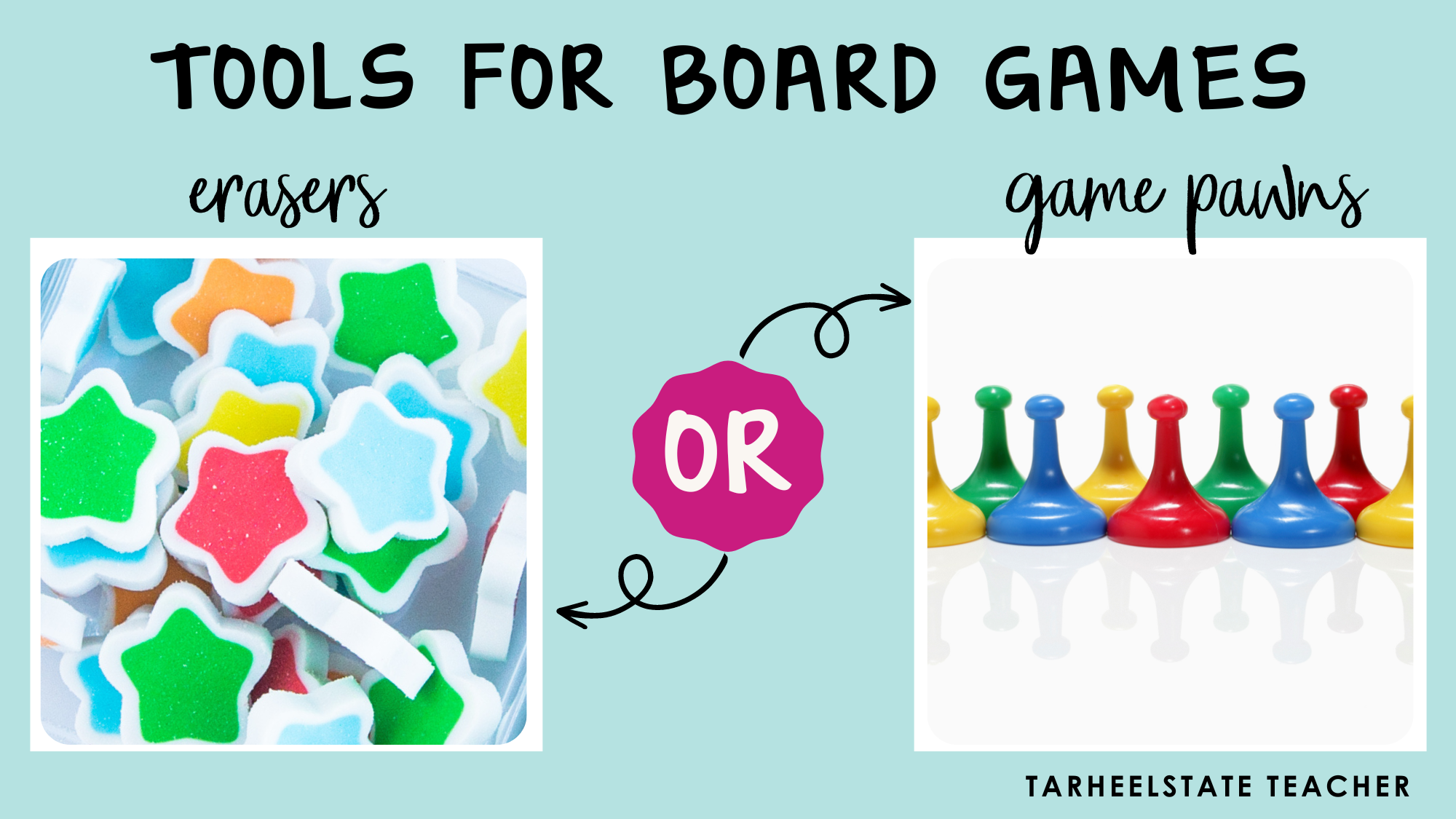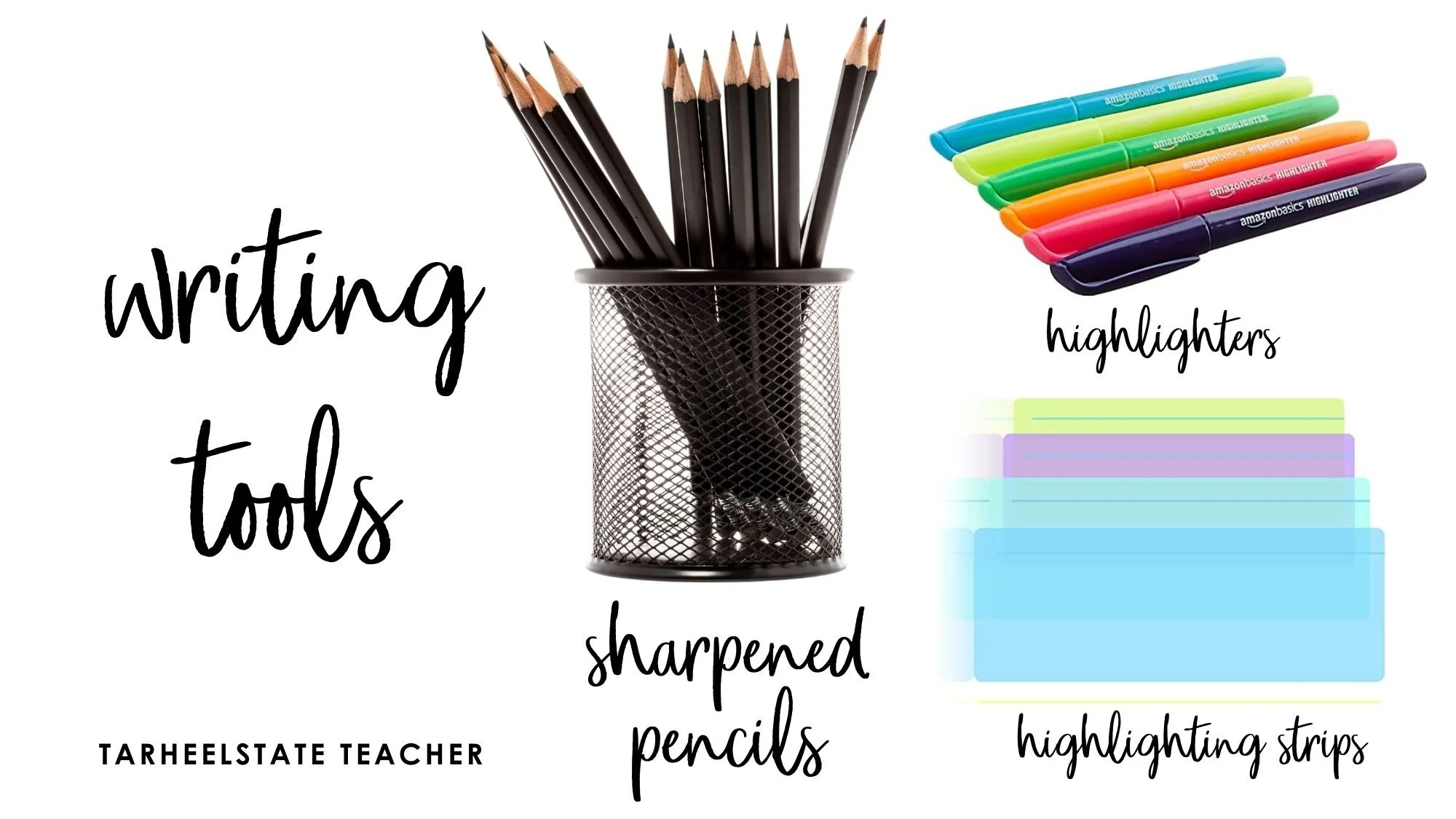The Best Amazon Finds for Word Study and Spelling Centers
Let’s face it…one of the most challenging parts of deciding to implement centers is figuring out the materials we will need and the way we want to organize them for ourselves and our students. If you are toying with the idea of word study or spelling centers, I want to reduce some of that challenge for you!!! Today I'm sharing my favorite Amazon teacher finds for word study with you. Having the right materials "at the ready" for word study centers and games can help this upper elementary block run smoothly and efficiently. Ditch the daunting feelings and prepare to get excited! These “must have” and good-to-have tools make providing quality, differentiated word study instruction seamless without wasting a minute of my students’ time on task.
Note: Links to the suggested items in this post are affiliate links. This means that I am a participant in the Amazon Services LLC Associates Program, an affiliate advertising program designed to provide a means for sites to earn advertising fees by advertising and linking to amazon.com. Read my full disclosure here.
QUICK OVERVIEW OF MY WORD STUDY BLOCK
Before I highlight all the materials that I use to make our word study block go round, let me give you a quick background. My students travel through a 7-9 day cycle (depending on the time of the year) with each word study list or concept they are learning about. Each day of the 7-9 days, they are engaged in a different activity to engage with their words: discovery word searches, games and activities, meeting with me in a small group, word sorting, etc. Oh, and I should mention that the schedule is staggered, giving me the opportunity to meet with different small groups each day during the word study rotation.
Below is a sample schedule of my word study cycle to give you a reference of some of the activities I mention in this post. If you’re interested in learning more, you can get ALL the details about each day in my word study cycle here.
Okay, onto Tammy’s favorite things for word study 😍, a list that is LONG overdue considering how long I’ve been sharing about word study on this blog!
ORGANIZATIONAL materials for GameS
During each 7-9 day word study cycle, students have one center (1-2 days) where they play a word study partner game or independent activity. This area of our room is super organized so that students can grab their materials quickly and get to playing. To organize the games and recording sheets, I use two-pocket folders like these. Gallon-sized storage bags also work well and can be a money-saver.
Folders with clear plastic insert options like these are amazing because you can just slide the game cover right inside and you’ll only need to check that all materials are in the folder and replenish copies of the recording sheets from year to year. Of course, if you don’t want to splurge, gluing the game covers on the front of your folders also works just fine. Click here to see how I set up my game folders.
In our center materials area (I just have a bookshelf set up), I have bins to hold each group’s current game or activity. You could use baskets like these but magazine file boxes like these are my personal favorite because they stand up and maximize the space on the shelf. Grab and label one bin for each word study group and you are ready to fill it with fun activities that help students internalize those spelling concepts!
In a different location that students don’t have access to, I keep my stock of games and activities that students are not currently playing organized in their folders in a crate like this with hanging file folders organized by color for each word study level (red, yellow, green, blue). This makes it super easy to switch out games for each word study group every 7-9 days as we begin a new rotation/word study focus.
manipulatives for game play
I’ve created various types of word study games like match, spinner games with picture boards, Connect 5, and board games. So, for our word study game time, my students need access to several manipulatives in addition to the game directions, game board, and recording sheets to make game play successful.
Spinner Accompaniment
I utilize spinners in many of my partner games and independent activities. A simple jumbo paperclip will of course do, but I LOVE these fancy clear plastic spinners too. They get bonus points in my book because students aren’t constantly reshaping them like they do paper clips. 🙄
Player Pieces for Game Boards
You can really use any small object for the player pieces. I personally use these counters. I love to store enough for each player in small Ziploc bags for students to grab instead of expecting students to grab enough before beginning. Helps with a quick clean up as well. 😉 I’m also a fan of using small, fun erasers like these as game pawns to help players distinguish who is where along the game path. However, if you want something more traditional, these game pawns are also great.
Timers
One thing that isn’t a necessity but is nice to have for some students is a set of sand timers like these to help students who are playing partner games ensure that each player is given a fair amount of time to make a play when it is their turn.
Clipboards
Clipboards are super helpful for students that are playing word study games on the floor. Almost all of the partner games and independent activities I’ve created include recording sheets to hold students accountable for what they are learning and provide me with assessment information, helping to guide my word study small groups. Clipboards make it easy to assign game play anywhere around the room.
Dry Erase Pockets
Dry erase pockets like these are game changers for being able to utilize game boards or word study activities that you want to save from year to year, or group to group without having to reprint them. Just slip the paper into the pocket and students can write all over it with a dry erase marker, erase, and use again. They come in so many fun colors and I am always finding more uses for them across all subjects. These are SO worth the purchase!
Materials for small group meetings
It seems like we can never get enough small group time with our students, no matter how smoothly our routines run. That’s why I prefer having all the materials I may need for word study groups at my fingertips, ready to grab as I see fit without wasting any of my students’ precious time.
Mini Whiteboards
I LOVE having a small stack of these whiteboards, some colorful dry erase markers (I prefer thin tip since students will be spelling a lot of words), and a set of whiteboard erasers at the ready to use with my small groups. Mini whiteboards are perfect to use for practicing spelling words, a quick check-in assessment, asking students to define a word or draw a nonlinguistic representation, etc. The options are endless! I rarely have anything that students need to “turn in” while they are meeting with me because most of my assessing is informal during this time, so the less paper wasted, the better.
For me, I love having a mini whiteboard like this one that stands up so that students can see when I am modeling the accurate spelling of a word, segmenting a word, or displaying the categories I want students to sort their words into.
Privacy Shields
On the occasion that I need to check in on students’ progress and see how well students have mastered certain spelling patterns, I like to keep a few privacy shields on hand for quick access. These shields from Really Good Stuff are great, but you can also easily make these by taping together two file folders and laminating them.
Various Writing Utensils
I like to keep a cup of already sharpened pencils within reach of my small group area. We all know that no matter how many times you ask students to bring a pencil with them to their small group meeting, inevitably someone (or several) will forget and I’d rather hand them a pencil quickly then have them leave the table and miss what we are doing. Time is precious! As a pro tip, I recommend purchasing pencils in ONE color for your small group table and center (like black or pink) so that those pencils are designated for those areas.
I keep a cup of highlighters on hand. The thin tip ones work best for when I am asking students to highlight a particular letter pattern or word part in a word. And, these highlight overlay strips are a “nice to have” tool when you want students to highlight a word or word part, but not make a permanent mark.
Letter Tiles
I often ask students to use letter tiles during our small group time to have them practice sorting and noting different parts of a word for the purpose of our lesson. Letter tiles also help my students who particularly benefit from that tactile connection in order to map the spelling of a word in their head. There are TONS of letter tile options out there, but I love magnetic ones like these because they stick to the mini white boards that we use so often. I also like to have ones that include digraphs, blends, and onsets in chunks on hand so that when we are focusing on those particular word study concepts, students don’t have to pull one letter at a time.
Of course you can always make you own printable letter tiles for students to use! I’ve included printable letter tiles in all of my word study games and activities resources.
HONORABLE MENTIONS: materials for INDEPENDENT WORK AND word sorting
For many of the days in that 7-9 day word study routine, students need very little in the way of materials. These composition notebooks are what my students use to glue in their word searches, word study notebook activities, take assessments in, and write down various word sorts. If my students could pick one item to represent word study, it would be their composition notebook. You can see how I get them to set up their composition notebooks at the beginning of the year in this post if you are interested.
I’ve compiled all my favorite finds mentioned in this post in an Amazon list to make it easy to find what you need. I’m sure I’ve missed other word study items that some teachers would consider crucial. What other tools or manipulatives should I add to this list? Let us know in the comments!














